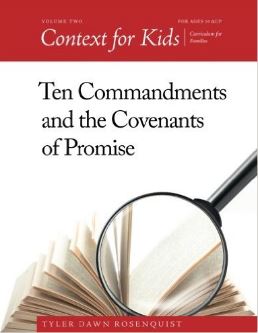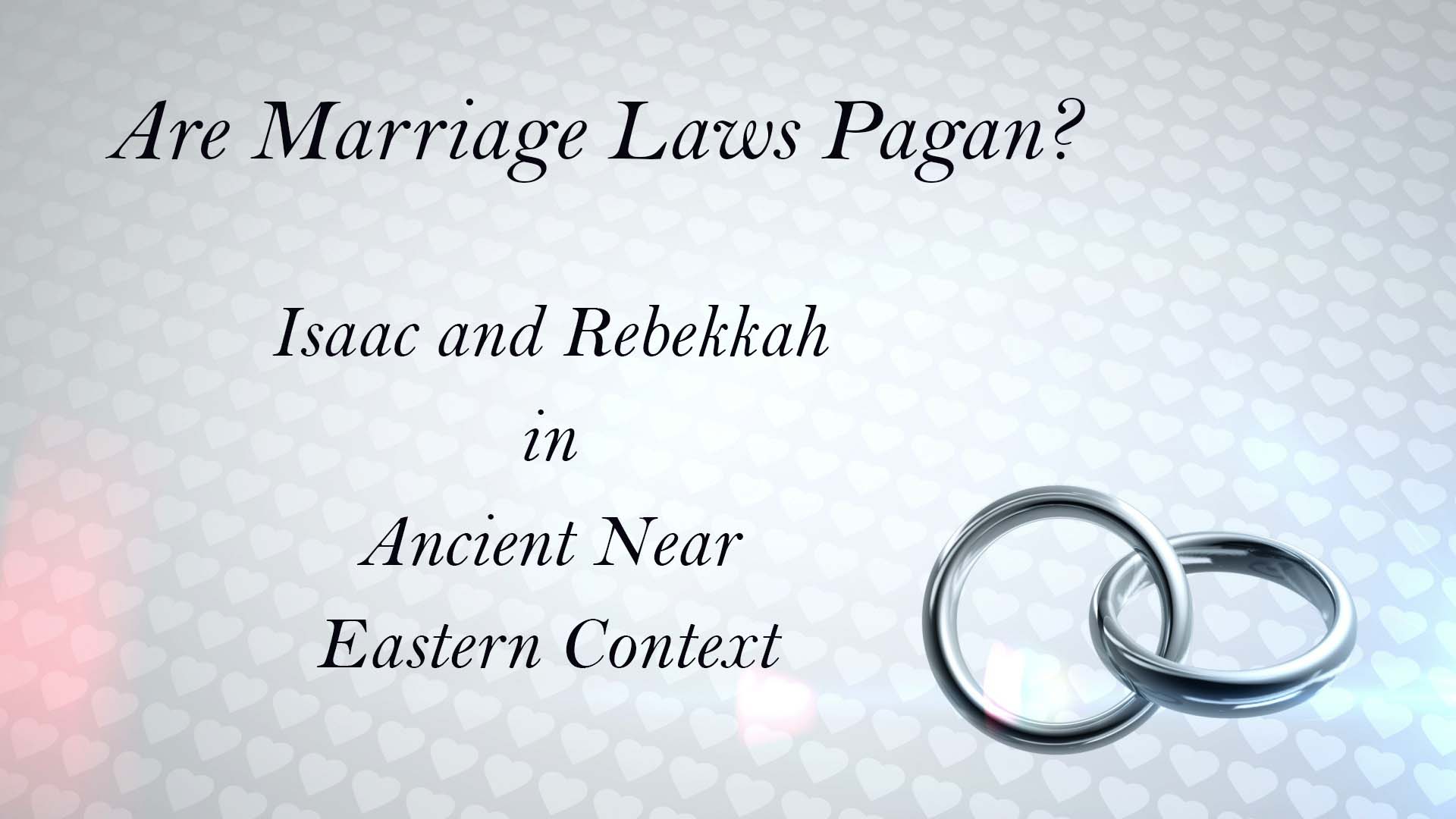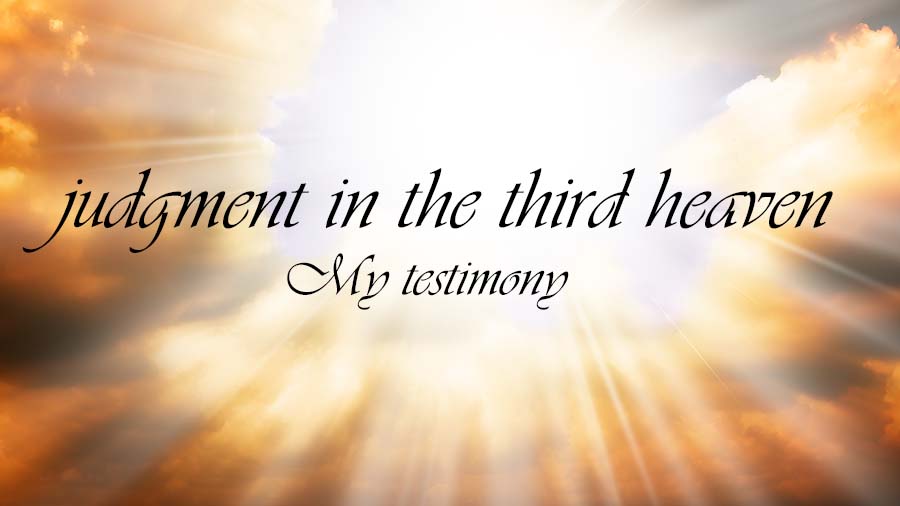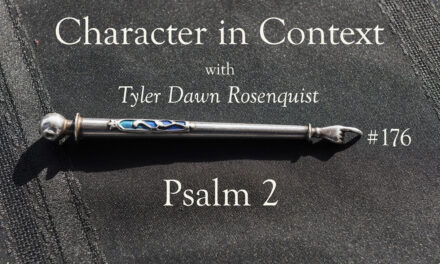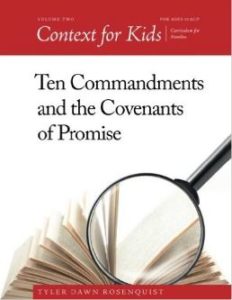 Our kids are under assault, and even in Bible Colleges they will be told that the Bible wasn’t written when it says it was written, or by the people it says it was written by – that’s the kind of propaganda that usually accompanies this kind of information – I have eliminated that in order to provide your family with College level material, without the College cost, and most importantly without the baggage – all at a pace and in language that kids can grasp. Kids picked up on Honor and Shame in the Bible very easily, so how about something a bit more challenging for kids 10 and up?
Our kids are under assault, and even in Bible Colleges they will be told that the Bible wasn’t written when it says it was written, or by the people it says it was written by – that’s the kind of propaganda that usually accompanies this kind of information – I have eliminated that in order to provide your family with College level material, without the College cost, and most importantly without the baggage – all at a pace and in language that kids can grasp. Kids picked up on Honor and Shame in the Bible very easily, so how about something a bit more challenging for kids 10 and up?
Amazon.com surprised me yesterday by making my book available almost immediately – before I had my blog post completed – so here I am a day late! So here is Ten Commandments and the Covenants of Promise, my newest publication!
Serious covenant study has been at the forefront of Bible College education since the 1950’s and 60’s but hasn’t made its way into the pulpits – sadly it has remained largely the domain of scholars. However, in an age where even children have easy access to Bibles – I believe they should also have easy access to answers about what they are reading.
The Bible starts out with a Covenant relationship between God and Adam and Eve, and when that Covenant was broken, God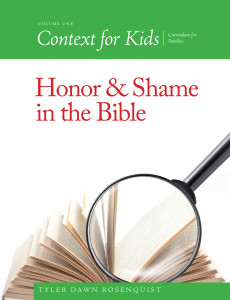 began a quest to restore what was lost – a quest that we see ending in the last chapters of Revelation when death is destroyed and the entire world dwells once again in Covenant with the God of the Universe. Between those two bookends, however, are pages filled with Ancient Near Eastern Covenant language – language that has been illuminated by the finding of hundreds of thousands of cuneiform tablets in the sands of Egypt, Israel, Turkey, Syria, and Iraq. What archaeologists found was a treasure trove of artifacts, but what linguists deciphered was an important key to understanding the Bible – a culture where a Covenant was more than just a promise, beyond simply a treaty, stronger than a marriage, or wills or any other modern legal contracts.
began a quest to restore what was lost – a quest that we see ending in the last chapters of Revelation when death is destroyed and the entire world dwells once again in Covenant with the God of the Universe. Between those two bookends, however, are pages filled with Ancient Near Eastern Covenant language – language that has been illuminated by the finding of hundreds of thousands of cuneiform tablets in the sands of Egypt, Israel, Turkey, Syria, and Iraq. What archaeologists found was a treasure trove of artifacts, but what linguists deciphered was an important key to understanding the Bible – a culture where a Covenant was more than just a promise, beyond simply a treaty, stronger than a marriage, or wills or any other modern legal contracts.
Our ancestors walked away from an understanding of Covenants long ago and opted to live in such a way that we can no longer assume that the phrase “I swear to God” even means anything – and we certainly can’t trust contracts drawn up by lawyers that can be overturned, violated, and cast aside when they become inconvenient. In ancient times, in Bible times, Covenants were a matter of life and death; they were about the honor or their gods; they were the foundational underpinnings of society (dang, that sounded fancy – don’t worry, I don’t write my books like that).
Like Honor and Shame in the Bible (which I recommend for 7 and up), Ten Commandments and the Covenants of Promise will revolutionize the way your family studies the Scripture together… yes together. I designed the books to be read as a family, around the dinner table even. Most adults will never have even heard of this material, because, like I said, Pastors study this in Bible College but rarely teach it.
But understanding Covenants will transform your faith, and like Honor and Shame, it will cause your love for God and for His Son, our Messiah, to grow. I want you and your children to come to appreciate exactly what He did – beyond the Sunday School stories. Children in Bible times understood this context, it was their context. They knew what the word Covenant meant, and they could have a level of assurance in that word that we no longer possess. The gentiles coming into the faith also knew about Covenants, and so when Paul talked about adoption as sons, they understood it at a level that our society has largely lost (even someone like me, an adoptive mother myself.
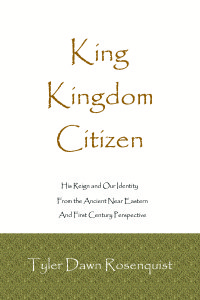 For High School Students, I also have King, Kingdom, Citizen: His Reign and Our Identity, which establishes God as our literal King, the Kingdom of Heaven as a real Kingdom, the Laws of God as the Constitution of that Kingdom, Yeshua (Jesus) as the Heir to the Kingdom, and what that means for us as real life Citizens of that Kingdom as per Paul’s writings – tackling the tough passages in Ephesians, Romans and most of Galatians as well.
For High School Students, I also have King, Kingdom, Citizen: His Reign and Our Identity, which establishes God as our literal King, the Kingdom of Heaven as a real Kingdom, the Laws of God as the Constitution of that Kingdom, Yeshua (Jesus) as the Heir to the Kingdom, and what that means for us as real life Citizens of that Kingdom as per Paul’s writings – tackling the tough passages in Ephesians, Romans and most of Galatians as well.
If you haven’t caught my weekly videos where I teach Bible context to kids, check it out on youtube and at www.contextforkids.com!

